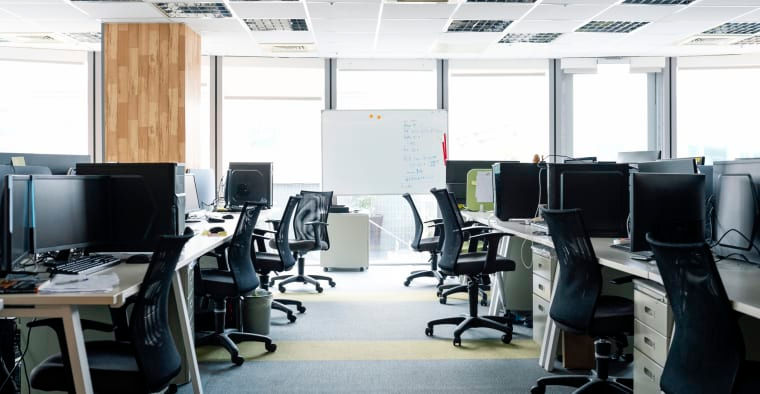Remote work is becoming increasingly common, thanks to both biological factors and technology. While the advances in online communication and collaboration tools has made working from home easier, the Covid-19 pandemic played a huge role in companies employing the remote work standards.
Remote working has been seen to eliminate most of the traditional aspects of going to work, like commuting and dressing in business attire, while reducing social interaction and standard means of accountability. However, as much as it has its benefits, working from home comes with lots of challenges that can affect how the future of work should be structured. Collaboration, Teamwork, discipline and general organizational values are elements of a good work life and what make on-site work tick. However, remote work eliminates these and keeps people isolated thereby affecting homework should be structured. Here are some of the ways remote work could negatively affect the future of work.
Negatively Impacts Company’s Culture
One major downside of remote work is that it impedes organizations from creating and solidifying their company culture. Every company has a culture and this culture is fostered, in large part, by employees coming together and engaging in team-building activities and division- or company-wide meetings. Needless to say, having disjointed teams can make this hard to accomplish. The reason for this is simple: When employees clearly identify with a company’s values, they’re more likely to engage with their work, and engagement is key in today’s workplace.
A company’s culture clearly defines all what the company stands for in terms of its values which is cemented in collaboration. This has meaningful effects on employee retention, satisfaction, and productivity. Remote working isn’t conducive to building meaningful relationships with co-workers in the same way that working in the office is.
Risk to productivity
The freedom that comes with remote work also comes with its baggage which can affect staff productivity. With the freedom to move around and take breaks whenever the mood arises, it might be difficult to stay focused on the tasks you’re working on. This can ultimately lead to slower productivity. Moreso, working from home comes with its distractions. Distractions from family, pets or household chores can affect how you perform your job. Too many distractions can lead to a decrease in your productivity and motivation. It might be difficult to concentrate and be interested in work for a long time when one works remotely without being duly supervised.
Not Ideal for Collaboration and Teamwork

Spending long hours and collaborating with only a computer screen and no face-to-face interaction and communication with remote team members can be challenging. There are various platforms like Zoom, Skype, etc., where employees can connect through video calls and conferences.
The truth is nothing beats face-to-face interaction. It might not be as efficient as sitting together and brainstorming ideas to work effectively because working remotely can make one feel isolated. People sitting around a table looking over drawings may be able to solve a problem in minutes that might take days using online collaboration tools.
No physical separation between work and leisure time.
Many who work from home lamented that they often find themselves working around the clock, since their labor has no definite start or end times; those lines can often be blurred. As a result, they sometimes feel as if they are always at work, making it difficult to shift to the post-work relaxation mode that many office workers take for granted.
The absence of an obvious division between the personal and professional realms means some remote workers get distracted by housework. Setting boundaries and sticking to them is important when you’re working from home.
Increase in Burnout and Stress

Flexible working hours are one of the benefits of remote work. It lets employees structure their days according to their convenience. However, this can turn into a disadvantage for some employees. Remote work can create friction between professional and private life. Some may forget to clock out and differentiate between work-life and home-life. This might lead to working longer than one should, therefore resulting in employee burn-out and added stress.
A FlexJobs survey found that overworking or an inability to unplug was the top negative aspect of remote work










Discussion about this post